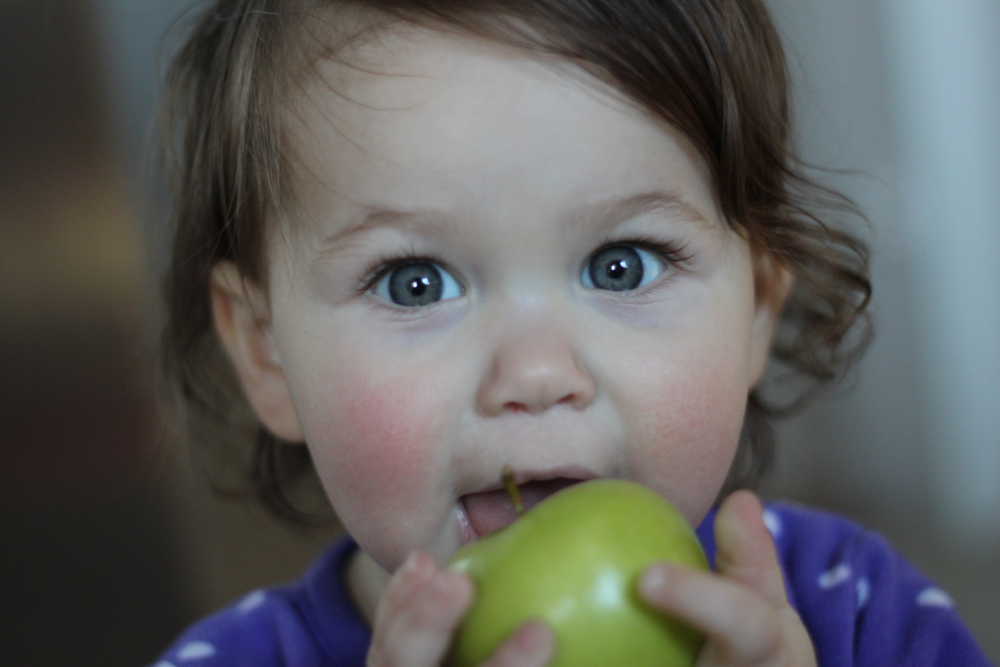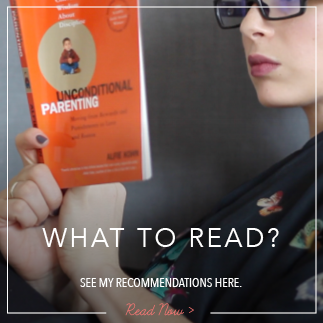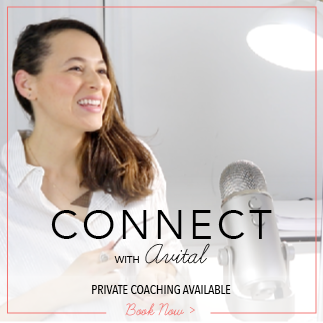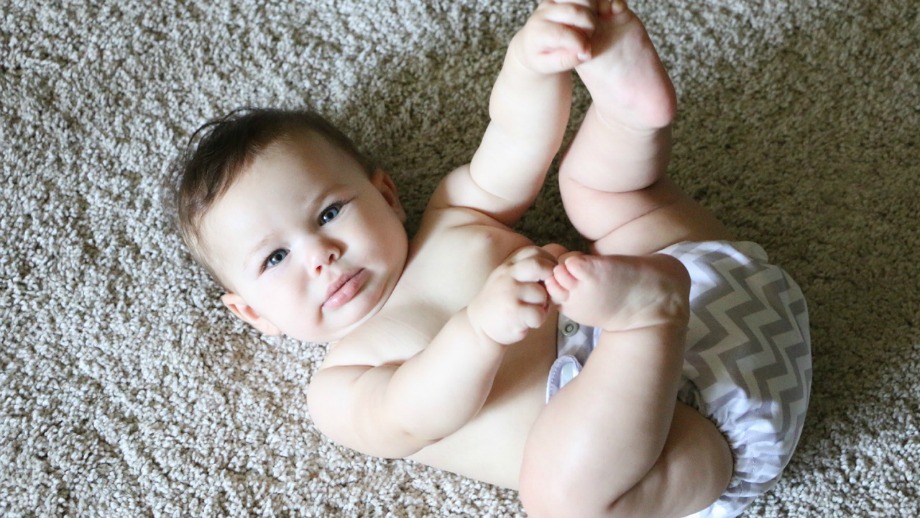Common Misconceptions of Baby Led Weaning
If you have a young baby and are looking to introduce solid foods, you are in the right place. When my first child was tiny, I thought I knew how solids were introduced to babies. First, buy some packaged oatmeal or baby cereal or orange smushy stuff in a jar, and attempt to deliver said mush into baby’s mouth via spoon (with frustration, because as we all know, much of it will end up on the floor). Eventually, offer soft cooked vegetables like mushy carrots, and with time peeled apples and finally when their teeth start coming in slightly more firm options, too. Babies need to be taught how to eat, no?
No.
Just like learning to walk and talk, learning to eat (and potty!) can be a gradual, natural process without much intervention on the parent’s part. I was lucky to come across the concept of Baby Led Weaning when my first was about 3-4 months and here it is, in a nutshell.
Follow your baby’s lead and as they show interest in your food, offer them to self-feed finger foods, from the family’s meal. Not sure how or why this works? Let’s break it down.
But first, a disclaimer: I am not a physician, a scientist, or any kind of expert. The information I bring here is based on my own experience with following this method with my three children, and the books and articles I’ve read on the topic. I will list these resources at the end for you to explore further. And just to really CMA (can you tell I’m nervous about writing about this?), please always apply your own common sense and ask your pediatrician before making these decisions (although I personally don’t).
“Don’t babies need to be spoon fed?”
No. Babies, just like everyone else, don’t usually like to be spoon fed. Spoon feeding means that the adult controls the portion, cadence and food that the baby is being fed. Babies – like every other living thing – seek autonomy over their experience and want to explore food for themselves without having it (literally) shoved in their mouth.
“But, babies don’t have teeth… so they can’t chew solid food?”
Wrong. Baby’s gums are very strong and they can chew and gnaw pretty solid foods very effectively, even way before their teeth come in.
“Milk supply dwindles at 6 months, and I heard there’s no more nutritional value anyway. Don’t we need to pump up their caloric intake at the age of 6 months?”
Unless there is some special concern (ask your pediatrician) most babies will have milk as their main food supply until they are around one years old, which is when, gradually, the scale starts to tip in favor of solid food making up more of their diet. The saying goes “food is for fun till one”. In other words it’s for fun, for exploration, not for caloric intake.
It is a misconception that many of us in the USA have been holding onto – that a mother’s milk supply (if she’s breastfeeding) isn’t “enough” at this age – and that it needs to be supplemented with extra food such as cereals, oatmeals, porridges, and purees. In fact, filling a baby up on additional foods may decrease their breastfeeding which, in turn, reduces the mother’s milk supply. So in this case, it’s clear which is the chicken and which is the egg. In normal, healthy babies and mothers, milk doesn’t dwindle unless the baby’s diet is purposely being supplemented. And in fact, the opposite is true. The more the baby nurses, the more appropriate the mother’s milk supply is. So the answer to a (usually perceived) milk supply issue would be more, not less, nursing.
“Ok, but… babies can choke on solid foods!”
True. We all can. And babies can choke on pureed foods, too. But according to the Baby Led Weaning philosophy, choking is actually less (not more!) likely with solid, non-pureed foods. Why? Because the process of learning to eat with solid foods involves chewing first, and only swallowing afterwards. When we spoon feed mush the opposite happens. Babies expect to swallow first, which means they’re skipping an important part of the process. When babies are given sufficient control over their eating, they usually learn to eat correctly and safely, although almost all babies will have a few gagging moments, whichever way they begin solids. Baby-Led-Weaned babies (at least mine) typically seem to correct any small gagging quickly and without assistance.
Even so, all of the safety rules apply, and every baby who’s just learning to eat should always be:
- Sitting upright (never reclining)
- Watched by an adult
- Never fed nuts or other choking hazards
“But I want my baby on solids so I can wean from milk.”
It’s a shame that our culture is robbing mothers and babies from the opportunity to continue their full-term breastfeeding, until a more natural weaning occurs. I have nursed longer and longer with each child I have as I learn more and more of the benefits and possibilities. And as I overcome my own misguided, preconceived notions. (One of my favorites: “If they’re old enough to ask for it, they’re too old to have it.”)
If nursing doesn’t work for you for whatever reason, or if it’s not an option, then that is absolutely fine and valid. It should be a choice, of course. But for those of us who wanted to and were able to breastfeed, why are we being pushed by pediatricians, mother-in-laws, nurses, and teachers to wean by the time our babies hit one years old? Why are we not being exposed to the fact that babies around the world nurse at the very least into toddlerhood and often beyond? Pediatricians pushing mothers to introduce solids more aggressively, in order to actively reduce the baby’s milk intake, are actually sabotaging one of the most beautiful, nourishing (and free!) ways to nurture our young children (body and soul).
“What about allergic reactions?!”
It appears that introducing more allergens earlier in the game (the window now is said to be 4-6 months) reduces the chance of allergies. I’m from Israel where peanut allergies (and any food allergies, in fact) are almost unheard of. That is because Israeli babies are eating Bamba (a national soft snack made from puffed peanuts) by the time they’re 6 months old. Even before my babies have shown interest in solid foods (reaching for the spoon, staring at me eating) I have swabbed their tongues with known allergens: peanut butter, almond butter, strawberries, fish… in order to reduce the likelihood of their developing allergies. The rule is that we introduce one food at a time (one new food per day or few days. This way if there’s a problem we know which food caused it) and watch for a reaction.
“But the baby will throw the food all over the place.”
Yes. She will. And when she starts to do that repetitively, that’s a good indicator she’s no longer interested and mealtime can be over.
“But I love to cook a separate meal for my baby and mush it up and store it separately in containers.”
… said no parent, ever! Seriously, the benefits of simply feeding what you’re already cooking are huge! Saving time and energy is reason enough to go this route. But further, having baby as a participating member of the family, who’s joining in the same meal is great for them, too. Babies like to be part of what we’re doing and mimic us. Where better to learn healthy eating habits (and polite ones! Further down the line…)?
Babies who feed themselves stay in touch with their internal fullness barometer. In contrast to the adult, determined to get the whole-damn-jar into that baby, the self-feeding baby doesn’t eat past satiation. This is critical in maintaining their attunement to their bodies and needs and will set them up for success with future portion-control.
Finally – Babies who are Baby-Led-Weaned are said to be far less picky eaters. Why? Because they get to explore a wide variety of tastes, textures and colors, not just the same old mush every day. This will likely make them much more interested in food in general, and more exposed to trying foods that look different and new.
Meal times should never be a power struggle, and that starts from the very first meals of our children’s lives.
Want to dive deeper into BLW and struggle free meals? Read the book Child of Mine – Feeding with Love and Good Sense by Ellyn Satter plus explore her website. Here’s an entire book on Baby Led Weaning by Gill Rapley and Tracy Murkett. Here’s my post and video on Struggle Free Meals. And here’s my role-play episode with Dr. Laura Markham on picky eating.














very nice, thanks